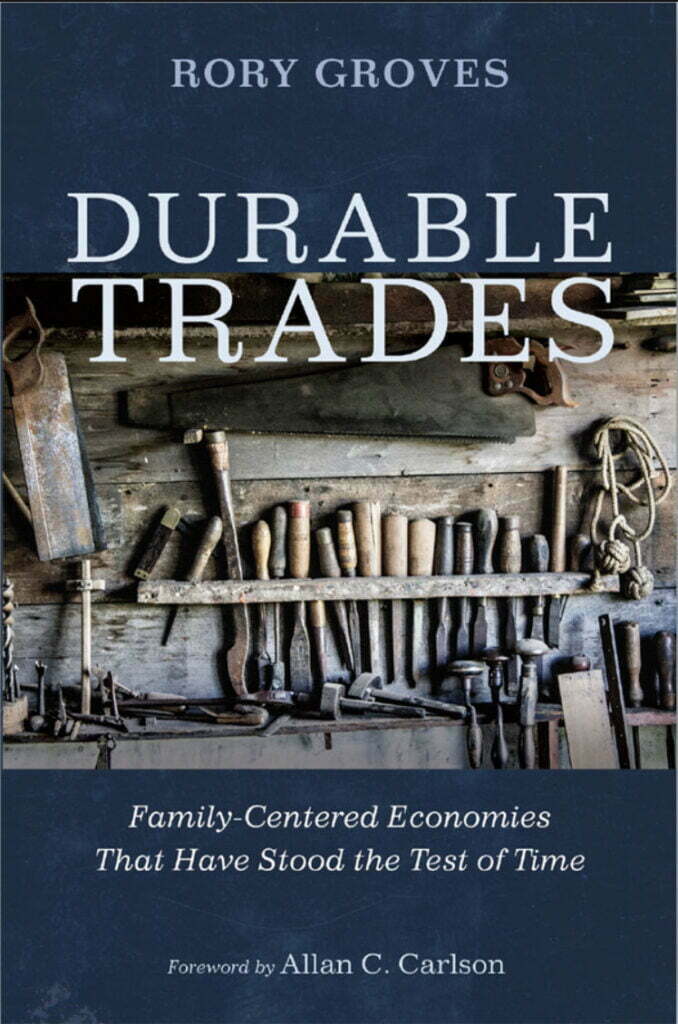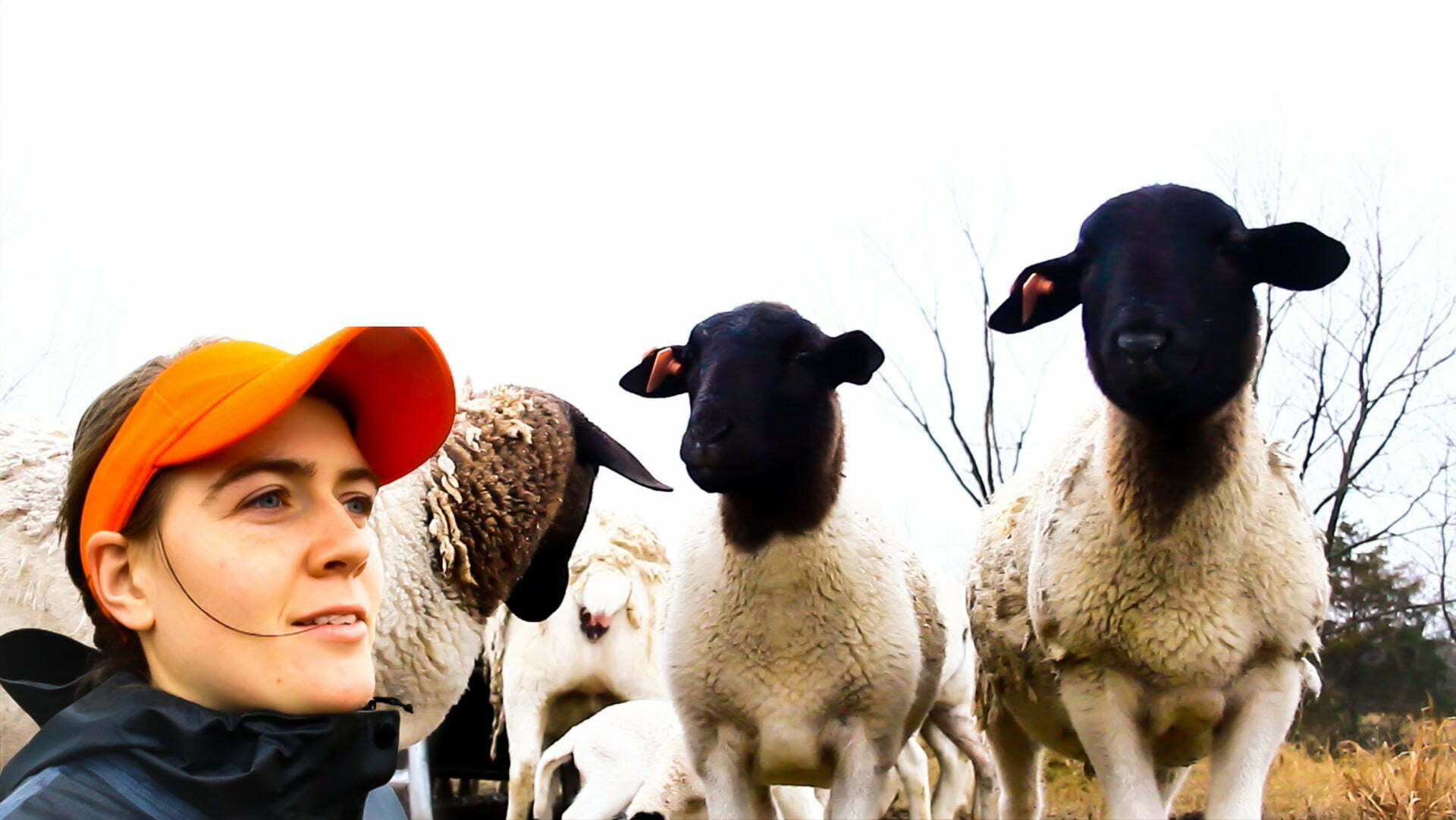What is a Recession?
When will the next one take place?
How can we prepare ourselves to not just survive, but thrive in the one oncoming?
In the coming weeks I am going to discuss how recessions impact various farming sectors, but to lay the ground work today we will start with a general definition.
What is a recession?:
The U.S Bureau of economic analysis a recession is “a marked slippage in economic activity.”
This slippage has been historically understood as 2 quarters of negative Gross Domestic Product
However, The Bureau proceeds to state this is:
“not an official designation.”
(https://www.bea.gov/help/glossary?title_1=All&title=recession)
Given the unsteady nature of the NBER’s definition, keeping an independent eye on economic activity is important.
The reality is that recessions are not something to be feared or even evaded, but rather embraced as a part of a healthy economic cycle.
To put it into an analogy, a healthy economy is like a healthy set of lungs that requires both expansion and contraction (recession) to function. If lungs were only to expand, they would explode. If lungs were to only contract they would collapse.
And healthy economies function similarly.
Recessions help the long term economy in two ways:
#1 they clear the economic landscape of what might be referred to as “business mushrooms”: which are those businesses or services that have popped up solely as a result of extravagance brought on by prosperous times. Recessions also prune the landscape of businesses with poor management and spending practices that are being covered for, again, by the excess of prosperous times.
Alternately, recessions deepens the roots of business models that are truly sustainable, both by means of serving legitimate needs, as well as those businesses that are functioning under very wise management strategies.
Recessions only segue into calamities for the individuals who build lifestyles or businesses around the concept of continual expansion.
Which segues into perfectly into…
Who does a recession impact the most severely?
Simplified, recessions most severely impact individuals or businesses that fall under one or both of these categories:
(A) those operating beyond their means with no concept of risk management or budgeting, or (B) those whose primary income is from products or services that fall under the category of “discretionary spending”.
Discretionary spending simply a fancy way of referring to things that people can live their daily life without; things like vacations, fancy coffee, fine dining, and so forth.
While debt free is ideal, if you do have debt you need to be operating within a budget that allows you to make your monthly payments with 10-15% leftover.
This 10-15% is a hedge, should you be out of work for 10-15% of the year: either through layoffs or a job transition.
If you are a business owner, should your existing business see a 12-15% decrease in sales volume, you will be able to make decisions without panic compromising your ability to make responsible ones.
An important thing to keep in mind is that recessions do not create problems, they reveal problems.
When the tide goes out, you find out who has their backsides covered and who does not.
When will the next Recession happen?
The honest answer is nobody knows. The realistic answer is probably soon. An article by thebalancemoney.com tells us:
“There have been 11 recessions since 1948, averaging out to about one recession every six years.”
(https://www.thebalancemoney.com/the-history-of-recessions-in-the-united-states-3306011)
However, “good times” between these periods of recession have varied greatly throughout history.
One thing I can say with certainty it there will likely be at least one more Recession before your life is out, and if you are under 30, you’ll probably see anywhere from 5-8 recessions before you die.
How can we prepare ourselves for it?
I can only sit here and give you my recession plan on both a business and a personal level… an I invite you the viewer to share your wisdom in the comment section.
#1, I’m taking a hard look at my expenses and making sure that my income outpaces expenses by a minimum of 12-15%. This means cutting some discretionary spending, which is bad for the economy, but good for me personally.
#2. As a business owner, I have 3-6 months of operating expenses underneath my business at all times. While most of you know me as the Shepherdess at Harmony Farms, I am also co-owner of a collection of retail apparel brands that have been in operation for 15 years.
The concept of stashing away capital for economic upsets, or simply seasons that are slower than others has saved the companies I own from succumbing to panic driven decisions and/or completely folding during prolonged downswings.
#3. I encourage the concept of a developing side hustle that falls under the category of a DURABLE TRADE. To do so, I recommend choosing one of the 63 trades outlined in the book DURABLE TRADES which is available at ShopShepherdess.com (orders there greatly support me as I continue making these videos)
But use your weekends, use your free time in the evening to build a side business that may be a safety net in a season of economic crash.
This is what I did in 2008, one of the worst recessions in recent history. As a 14 year old I started a side business that I worked and grew while I was in high-school. That business thrived and by the time I had graduated it was a full time income for me and several other people.
When I became a farmer in 2020, I did so under this same concept of establishing a DURABLE SIDE HUSTLE. I had no experience in agriculture, but I had the resources and saw the value in adding investing in flock of sheep to my investment portfolio to add a truly durable form of wealth to my existence. Over the past 3 years, the Lord has lead me in ways to grow and diversify off my farm and what started as a side hustle is now a full time income.
So do not negate any opportunity to start small in a durable trade (even if it is not within the realms of your current skill set). Start small, and use this book for ideas on trades to start with.
And as a spoiler, you will find that shepherding is listed as number one on this list of history’s most durable trades.

